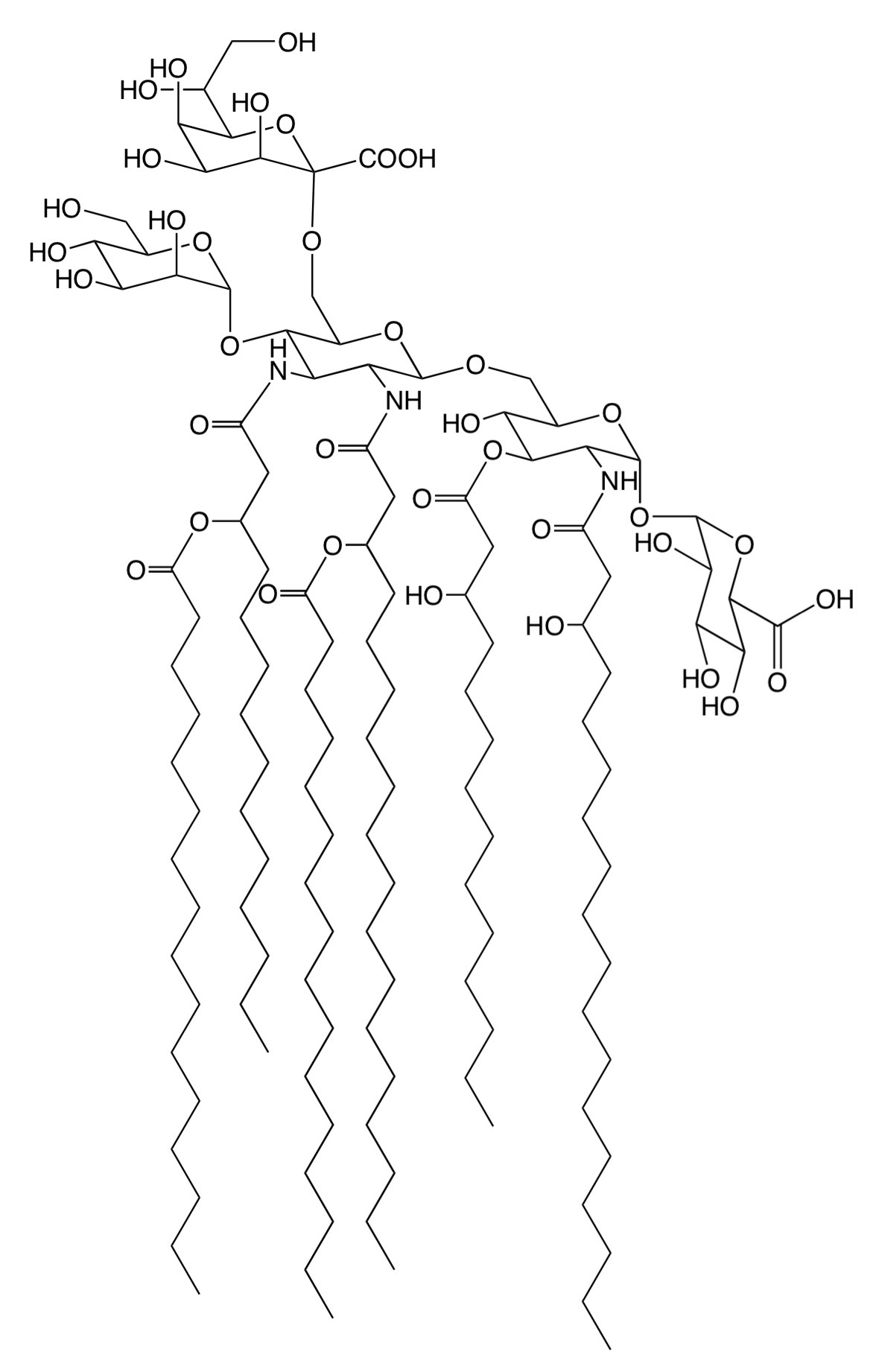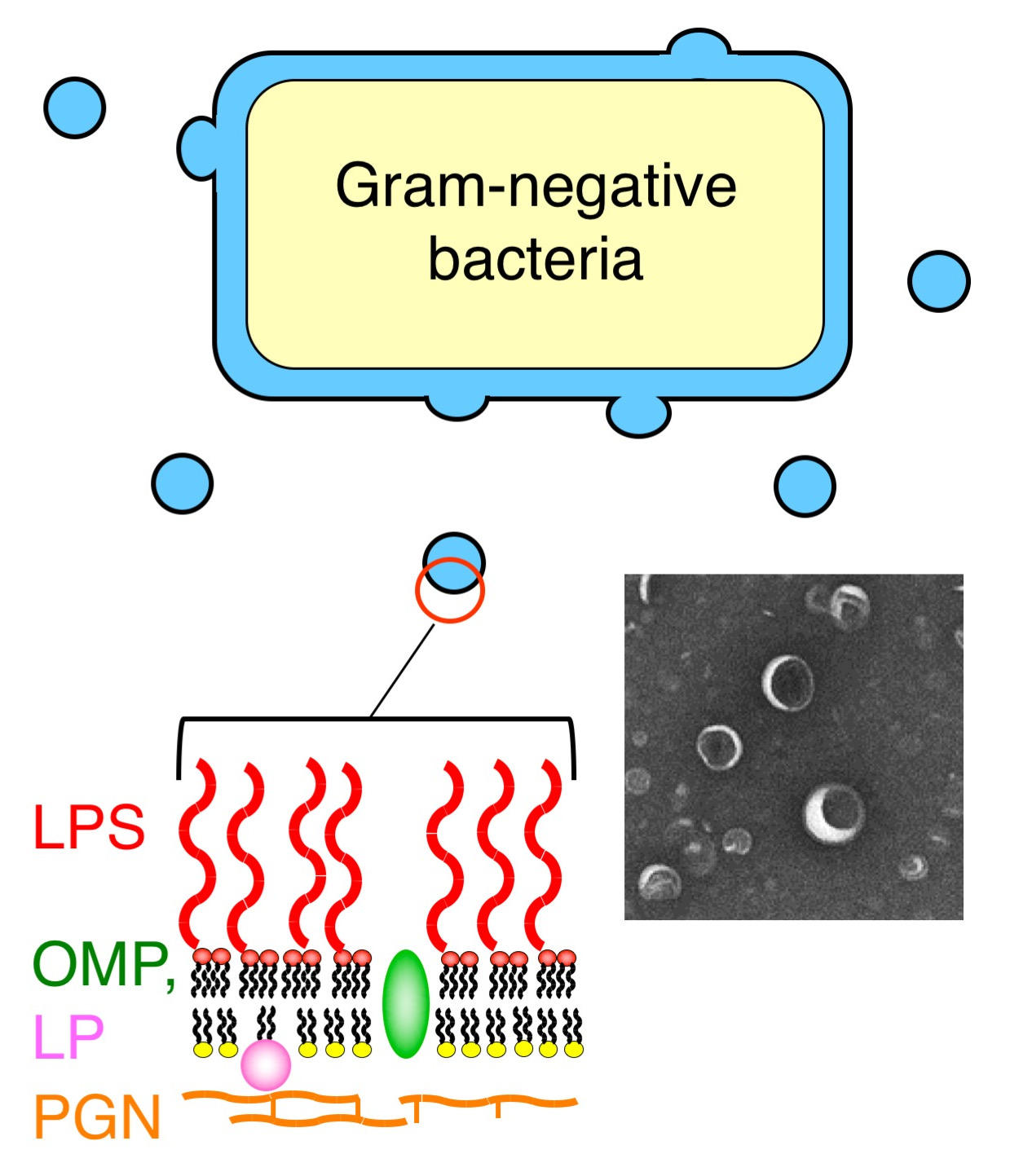Bacterial components participate in human health
Fermented foods and their fermenting bacteria are known to have beneficial health effects. For example, lactic acid bacteria in yoghurt are reported to modulate the intestinal immune system in humans, and reduce allergic symptoms. Previously, researchers found that secondary metabolites and bacterial components from fermenting bacteria are responsible for the modulation. Especially, the latter are proved to be ligands for innate immune receptors, which modulate human immune systems, and their essential chemical structures have also been elucidated. Kurozu, which is a traditional Japanese vinegar made from unpolished rice, is also known to have beneficial health effects. However, functional molecules in kurozu have not been well analyzed. The fermentation process of kurozu involves many microbes including Koji, yeast, acetic acid bacteria, and lactic acid bacteria, and the process requires about 6 months fermentation followed by over two years of aging. During this process, most of the organisms die off and so microbial components are expected to be present in the vinegar. We recently identified that kurozu contains bacterial components, which can modulate the human immune system. We also elucidated that the lipopolysaccharide, a bacterial component in kurozu derived from acetic acid bacteria, has a novel chemical structure (Fig. 1) and can modulate the immune system.

Do bacterial nano-spheres participate in human health?

Bacterial membrane vesicles are nano-sized spherical structures ranging from between 20 and 300 nm in diameter (Fig. 2). The vesicles are composed of bacterial components, including membrane components, membrane proteins, and polysaccharides. The membrane vesicles can enter into host cells and release their components, inducing virulence factors, inside the cells, contributing to pathogenesis of the parent bacteria. In addition, the vesicles act as immunomodulants against host immune systems by interaction with their components and host immune receptors. Thus the vesicles have been recently utilized as vaccines against infectious disease, such as meningococcal disease. We recently showed that acetic acid bacteria secreted membrane vesicles, which can modulate human immune systems, and kurozu also contains the vesicles. Our question is whether the membrane vesicles in kurozu participate in human health. Furthermore, can other membrane vesicles, which are also secreted by many fermenting bacteria, contribute to immunomodulation? Our goal is elucidation of the role of membrane vesicles in human immune systems.


